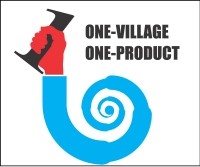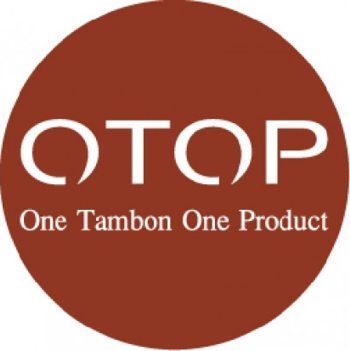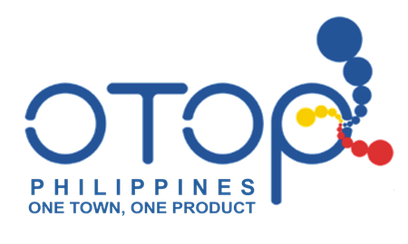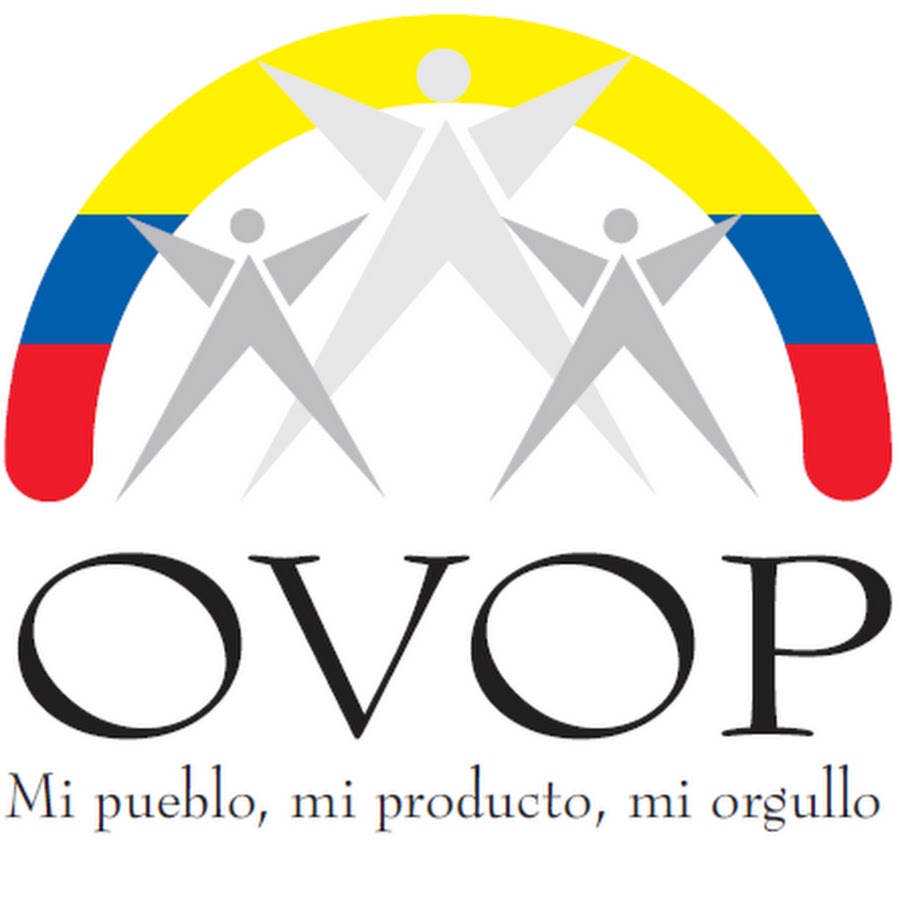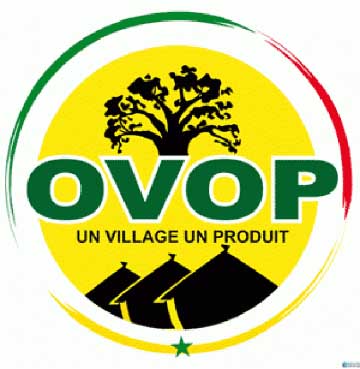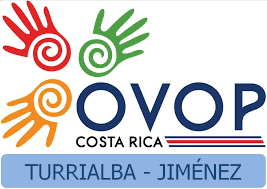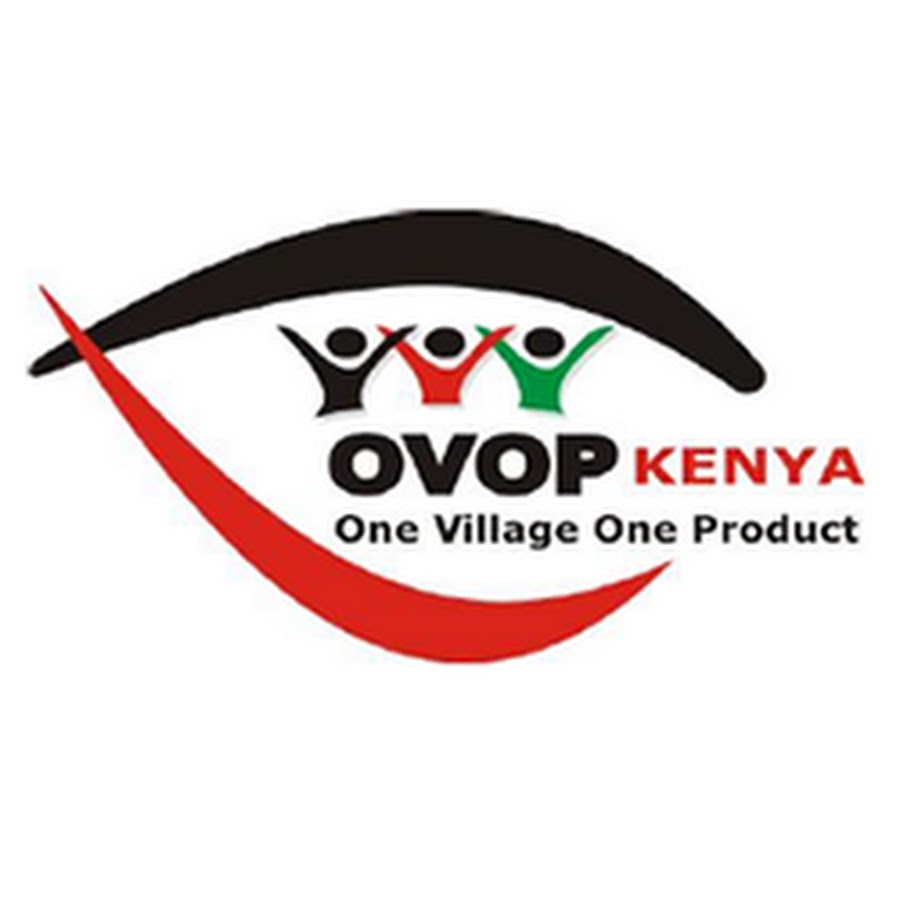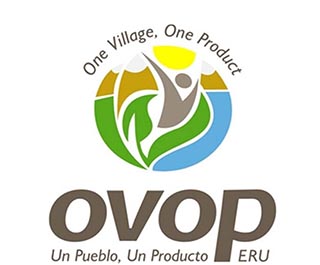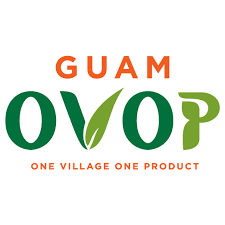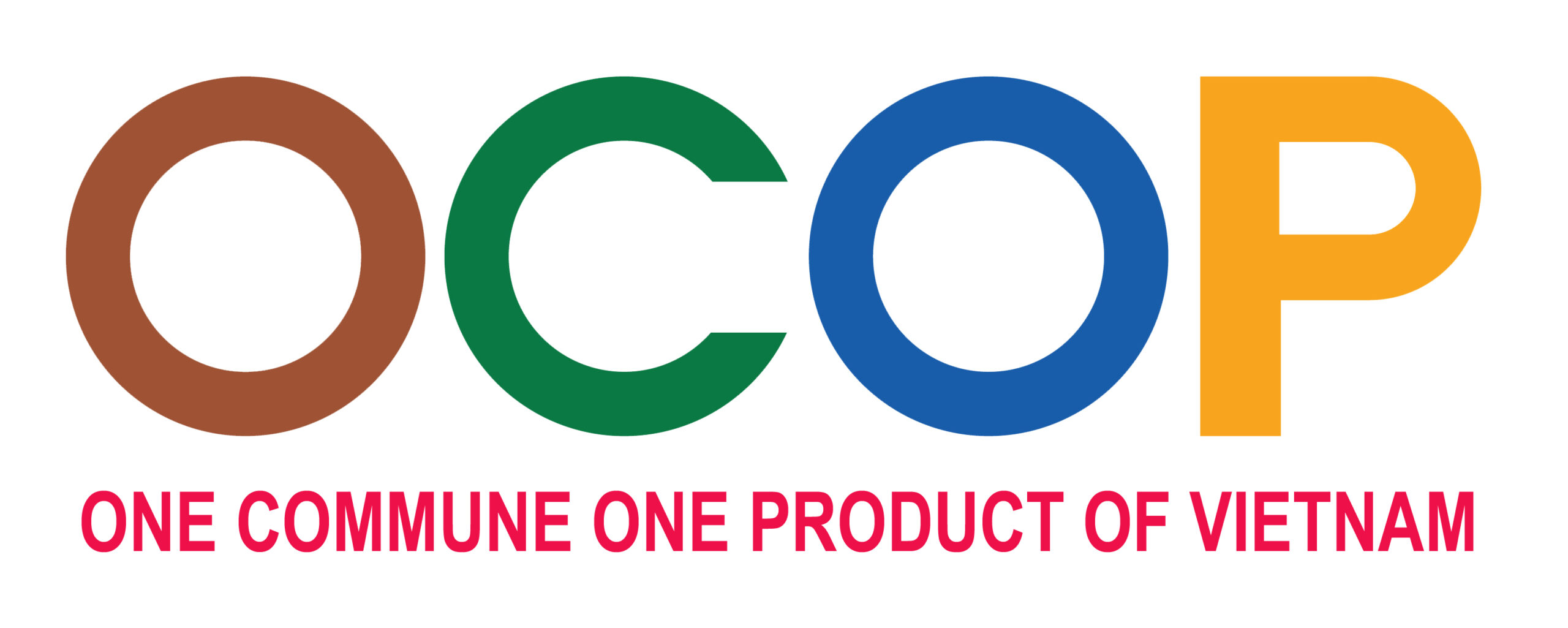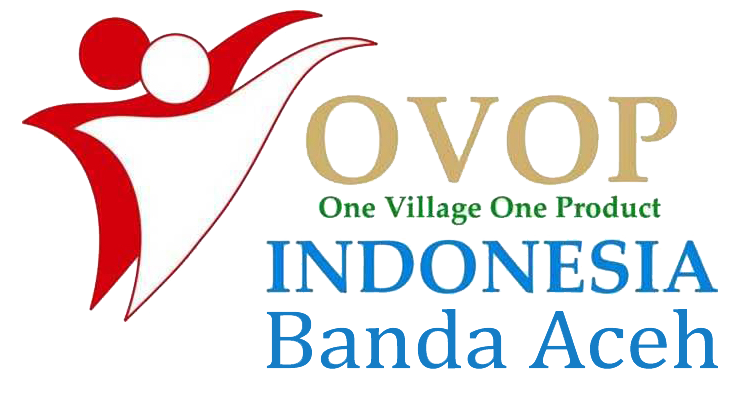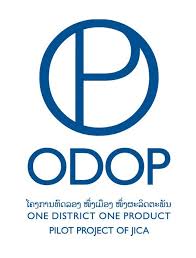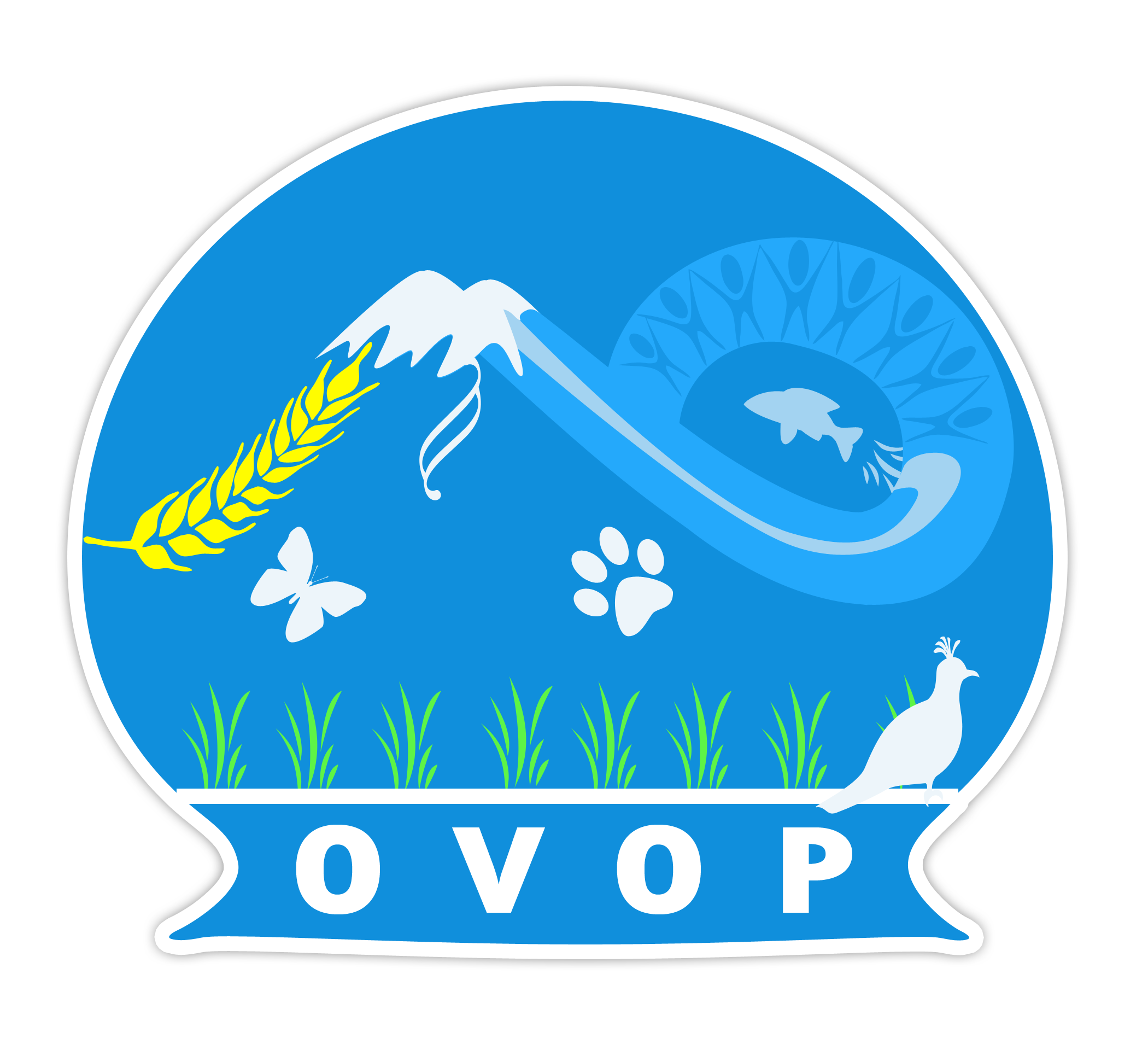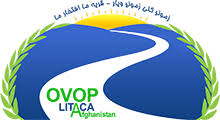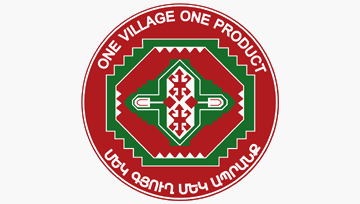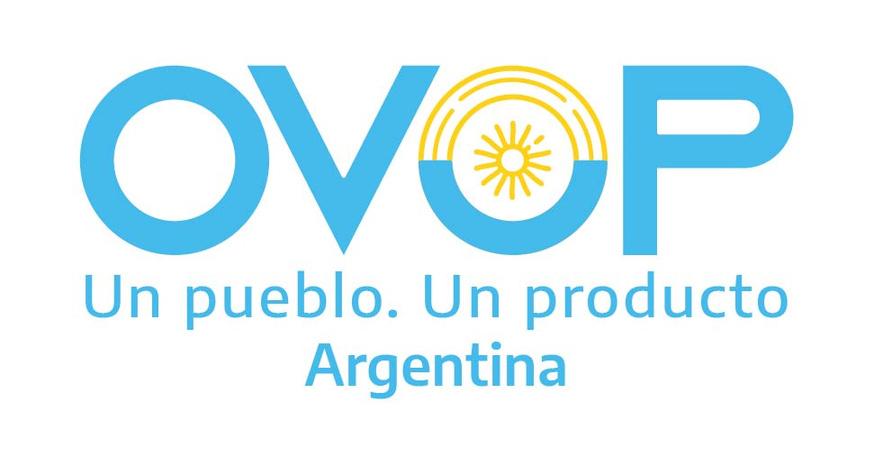Successful introduction and implementation of OVOP in Uganda is contingent on a number of factors that must be given careful thought. Even in Oita OVOP faced several challenges, notwithstanding Japan’s advanced economy and technology, which included local and external resistance, mobilising communities effectively and developing competitive products. The challenges that must be overcome in Uganda include the following.
COMMITMENT BY THE TOP NATIONAL LEADERSHIP
Experience has shown where OVOP has been successfully implemented as a national programme (e.g. Thailand, Malawi, etc.) that ‘buy in’ by the top national leadership is extremely important to give it a high profile among contending development programmes. This is very important for Uganda where a large number of poverty reduction programmes are being implemented by different sectors. It would be very helpful for the top national political and technocratic leadership – especially the president, his senior advisors responsible for rural development policy and key technical officials in service delivery ministries – to visit Japan, to see how this approach has transformed rural economies in those countries. It is crucial for those officials to understand that while OVOP is primarily a local economic development approach, it also has important community and human resource development dimensions as well. Otherwise its total value might be lost if it is looked at from its poverty reduction benefit alone.
APPROPRIATE MODEL TO ADOPT
While OVOP is primarily a local economic development model, there are important variations in its concept and implementation. As indicated earlier, the Japanese (Oita) ‘model’ emphasises community self-reliance and benefit, as well as gradual build-up to generate gross national satisfaction (GNS). Developing and marketing products that are competitive nationally and internationally is, of course, of primary importance, but developing human resource and enhancing community cohesion and pride are also crucial considerations for the success of the programme. On the other hand, the Thai model places emphasis on rapid, government aided externally market-oriented product development and upgrade with very limited focus on overall community development. Which OVOP model to adopt, and how to customise it to Ugandan circumstances, should be clearly thought through in advance.
Secondly, it is important to consider the appropriate institutional framework for the programme. For example, should a dedicated secretariat be set up or would a coordination unit in a specified ministry be enough? What should be the composition of the steering committee? What structures should set up all the way from the central government level down to community level to implement the programme, including promotion of public-private-NGO-Community partnerships? How would the activities of the different stakeholders be monitored and coordinated with other ongoing poverty reduction strategies? Most importantly, how will the programme be evaluated and its impact assessed to ensure that it realises its goals and objectives? This last point is extremely important because impact assessment is often not built into many government programmes.
Whatever the model selected, it might not be a good idea to try to implement the OVOP programme country-wide without first establishing on the ground the conditions that might favour or hinder its successful implementation. OVOP should be piloted in carefully selected districts to establish its most ideal implementation modalities particularly with respect to local leadership development, institutional support (for business, financial and technical services), and coordination of government (central and local), private sector, NGO and community efforts. The successful development of the Local Government Development Programme (LGDP) from the District Development Programme (DDP) pilot should serve as a good example of the value of piloting before scaling up.
DEVELOPMENT OF LOCAL LEADERS
The success of OVOP is highly contingent on dynamic and entrepreneurially minded local leadership. Uganda’s local government systems and extensive decentralisation programmes has provided fertile ground for generation and development of local leadership, but this leadership has focused predominantly on politics, administration and service provision. Means must be found by which an entrepreneurially minded leadership can be developed to give direction to local economic transformation through OVOP. Local leadership that emerges spontaneously from communities would be far more effective than that which is engineered from the above.
COUNTERING THE ENTRENCHED DEPENDENCY SYNDROME
While the rural, local and community development efforts that have been made in Uganda in the past have meant well, they have also inadvertently led to the entrenchment of a highly developed dependency syndrome among local level operatives. Virtually all local leaders and their subjects are accustomed to looking up to the central government for development solutions and all local government systems are configured to act as mere conduits for transfer of resources from the centre to the local level. This mental frame runs counter to the OVOP concept which emphasizes self-reliance and creativity. Measures must be taken to develop and nurture an entrepreneurial and self reliant spirit and culture among local communities so that they can see themselves as holding the key to their economic well being and success. Government should be seen as only providing support towards product development research, market information, transport and communication infrastructure, and export promotion.
FINANCING
Access to finance and credit is critical to economic enterprise. However, it is risky for government to finance the economic activities undertaken by communities under the OVOP programme, because the whole idea of self-reliance community entrepreneurial action will be lost. An earlier government microfinance support initiative called ‘Entandikwa’ (seed money) collapsed because many of the recipients mistook the money to be gifts for supporting the ruling party during the 2001 elections. A culture of borrowing and paying back must be carefully nurtured for that purpose. Government should leave financing of OVOP activities to microfinance institutions so that communities develop a culture of working with credit institutions.
COMMUNITY PARTICIPATION
Community participation in local development in Uganda is quite low. The reasons for this include low awareness arising from inadequate sensitisation, participation fatigue, pre-occupation with the daily struggle for survival, and repeated disappointment from unfulfilled expectations arising from bottom-up participatory planning processes. Because citizens are not provided with adequate space for involvement in decision making, they are often not aware of opportunities decentralization offers. Thus, generating and sustaining community interest in the OVOP concept activities must be of paramount importance. This is achievable if the economic benefit can be clearly demonstrated. Getting communities at the grassroots level to participate effectively in local development projects is not a simple task, even if they are expected to be the primary beneficiaries. In addition to the impediments mentioned above, communities also take account of the opportunity cost of participation and whether the projects in question are ‘sensible’ from their point of view, (i.e. whether they can lead to tangible solutions to their problems). In this respect, an approach that has sustainable and long-term beneficial outcomes is likely to generate higher levels of participation than others.
A related issue that must be addressed is the potential tension between community (group) and individual interest in money generating enterprises, especially given that Ugandans have very little experience with cooperatives. Community cooperation in Uganda is more common with respect to social activities (weddings, funerals, etc) than with economic enterprises where individualism as well as family and kinship ties are more pronounced. Ways must be found to ensure that the individuals spirit, a key driver of economic enterprise, does not prevent development of community cohesion and pride – one of the most important objectives of OVOP.







